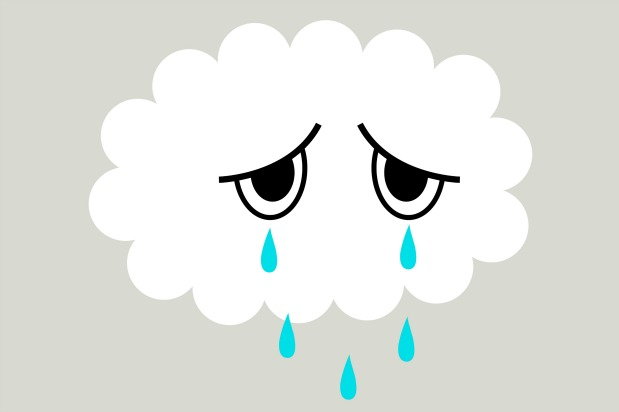During active addiction, you’ve likely spent a good amount of time stuffing in your negative emotions. Whenever you were angry or lonely, you may have opted to distract yourself by “partying it up” instead of dealing with whatever was going on inside. The moment you stop drinking or drugging is when all your suppressed feelings may rise to the surface, begging to be processed.
This is why in early recovery, you find your emotions strapped on a high-speed, triple-looped roller coaster ride. One day, you’re excited and hopeful about your new life in sobriety. The next, you’re tired and afraid, bawling your eyes out in despair—a response some experts say is not entirely a bad thing.
Weeping Your Way to Better Health
Most people cry because they feel grief or sadness. It may be a relationship breakup, a loved one dying, a job loss, a hormonal surge or just life not going as planned—the list can go on and on. Such heartaches bubble up and cause us to cry but, despite how it may feel, this response actually helps our mental and emotional state.
According to Dr. William Frey, a biochemist at Ramsey Medical Center, crying releases stress hormones and stimulates endorphins, otherwise known as the happy hormones. This is the reason why at the end of a good, gut-wrenching cry, most people find that they feel immensely better.
It’s wrong when we tell children to stiffen up their lips when it’s quivering and that crying is a sign of weakness. The premise is all false. Instead, for both children and adults alike, a healthy crying session helps relieve negative feelings and positively affects emotional well-being.
How I Personally Know It’s True
As for myself, I went through what some would consider an “excessive crying spell” a few years back. After a traumatic event in my life, I found myself swimming in a flood of negative emotions. I’d cry at work, in the car, in the elevator and at home. I’d spend half of the night crying. Before this, I rarely cried but suddenly I couldn’t seem to hold myself together.
I later discovered that my crying spell was my body’s way of releasing more than two decades of stuffed emotions. My recent traumatic experience was just the dynamite that busted the dam of emotions I had built since I was a child. I continued to cry—alone, with my friends, with my therapist. As I slowly contended with my grief’s root issues, the tears came less and less. I began to heal and crying it all out helped me get there.
So the next time you feel like crying, remember to trust the process and not be afraid to let the tears flow. It may also be helpful to see a counselor to contend with the root issues of your grief as well. There are grief treatment centers available for in-depth support and talking with a trained therapist may help pull you out of the state of grief you’ve fallen into.
When was the last time you’ve had a good cry and how did it change the way you felt afterwards? Feel free to share your story in the comments section below.








